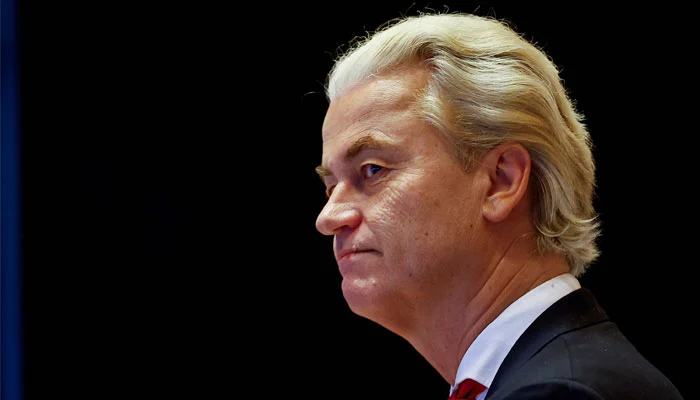The winner of the far-right Dutch election, Geert Wilders, has withdrew his 2018 proposal to outlaw mosques and the Holy Quran as a courtesy to possible coalition partners. This comes just one day before negotiations to create the next government after the election in November begin again.
As to Euro News, the withdrawal of the bill might play a crucial role in winning over three additional mainstream parties to Wilders’ alliance, which also includes his Party for Freedom (PVV).
The head of the reformist New Social Contract, Pieter Omtzigt, has voiced concerns about how Wilders’ plans would go against the Dutch Constitution, which upholds freedoms like the right to practice one’s religion.
Following the PVV’s 37 seats in the 150-seat lower house of the Dutch parliament following the general election on November 22, Wilders raised a concern during a parliamentary debate last year.
During the argument, Wilders stated, “There will be times when I have to withdraw proposals, and I will do that.” “I will demonstrate to the Netherlands, the legislature, Mr. Omtzigt’s party, and anyone else who is interested in hearing it that we will modify our regulations to comply with the constitution and align our recommendations with it.”
On Tuesday, Wilders and Omtzigt, as well as the leaders of the center-right People’s Party for Freedom and Democracy, which is led by departing Prime Minister Mark Rutte, and the Farmer Citizen Movement, which is led by Caroline van der Plas, are scheduled to begin coalition discussions.
One of the three laws that the Wilders Party for Freedom removed was from 2018, and it called for the outlawing of “Islamic expressions.”
The bill’s text calls Islam a “violent, totalitarian ideology” and suggests that Islamic schools, mosques, the Quran, and the wearing of burqas and niqabs be outlawed.
In 2017, 2018, and 2019, Wilders declared the withdrawal of three proposed laws, but he was never able to secure a majority in the lower chamber.
The independent body that assesses laws, the Council of State, urged Wilders to revoke the proposed ban on Islamic expressions.
“The council advises the initiators to drop the bill,” the Advisory Division stated in a 2019 advisory. “It is not compatible with the core elements of the democratic constitutional state; elements that the initiators intend to protect.”







